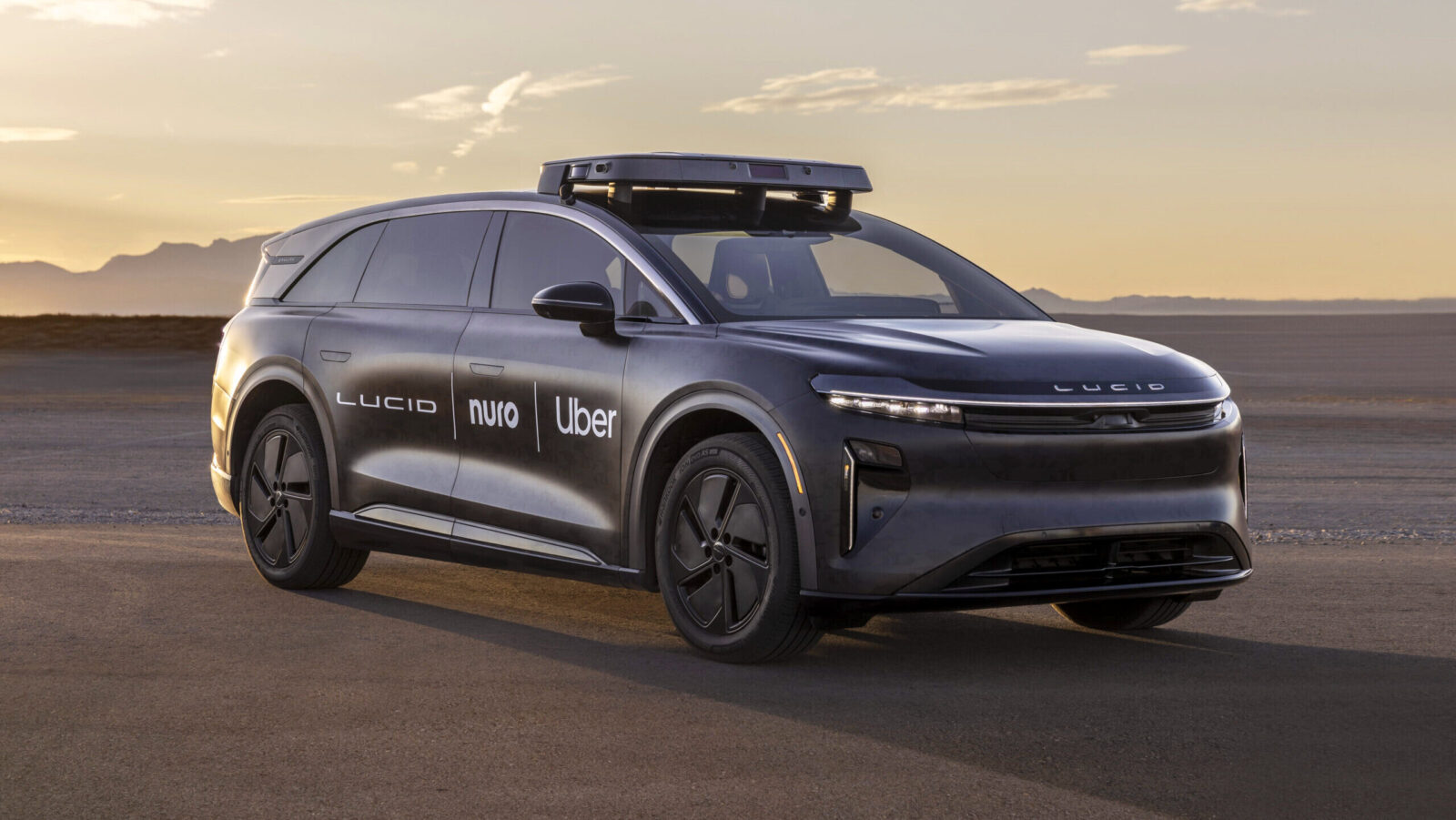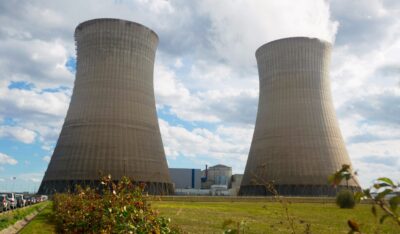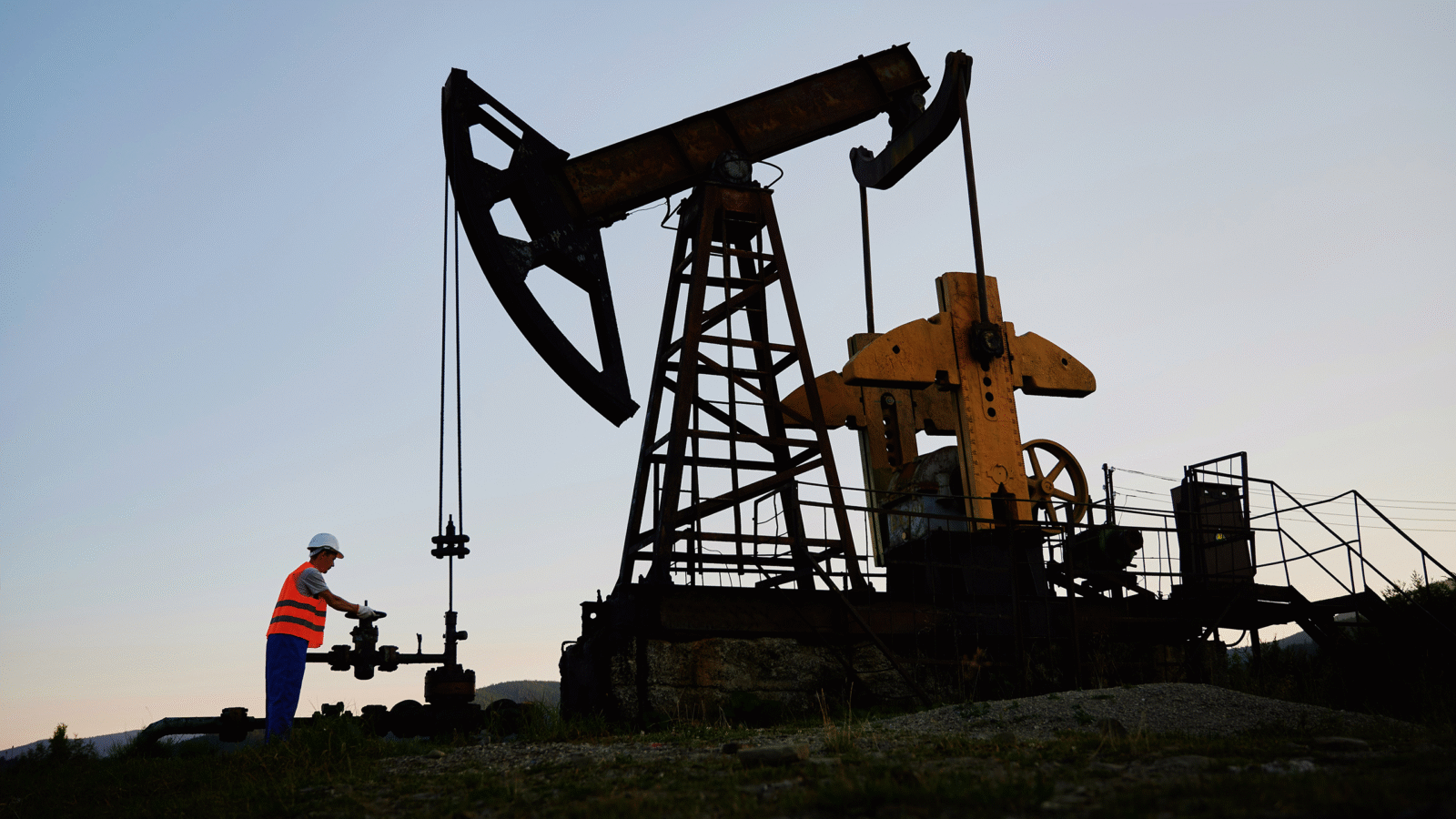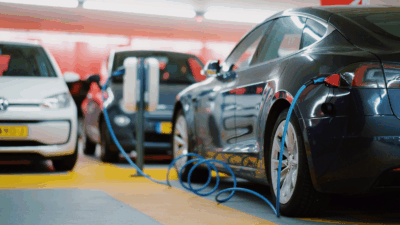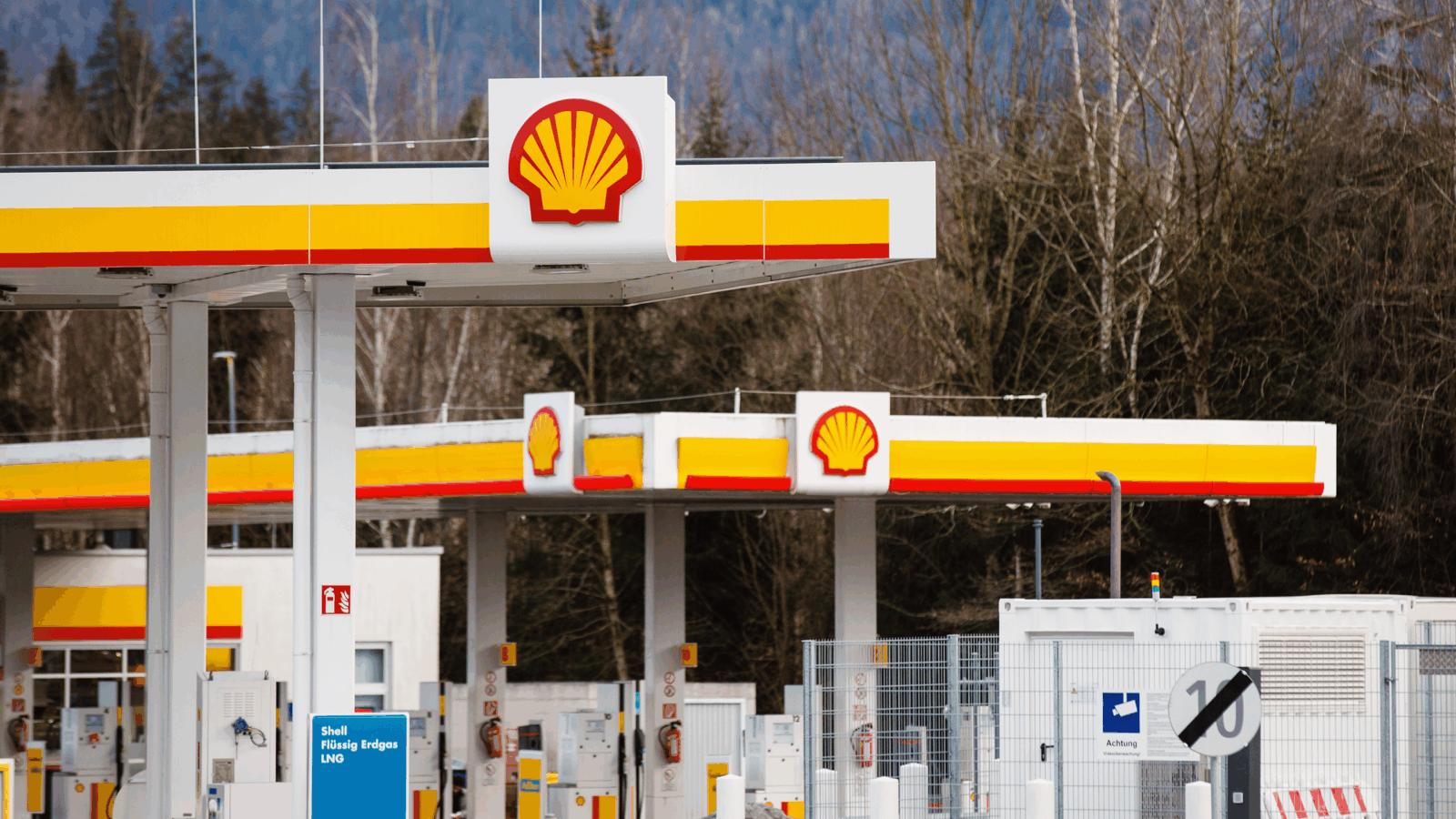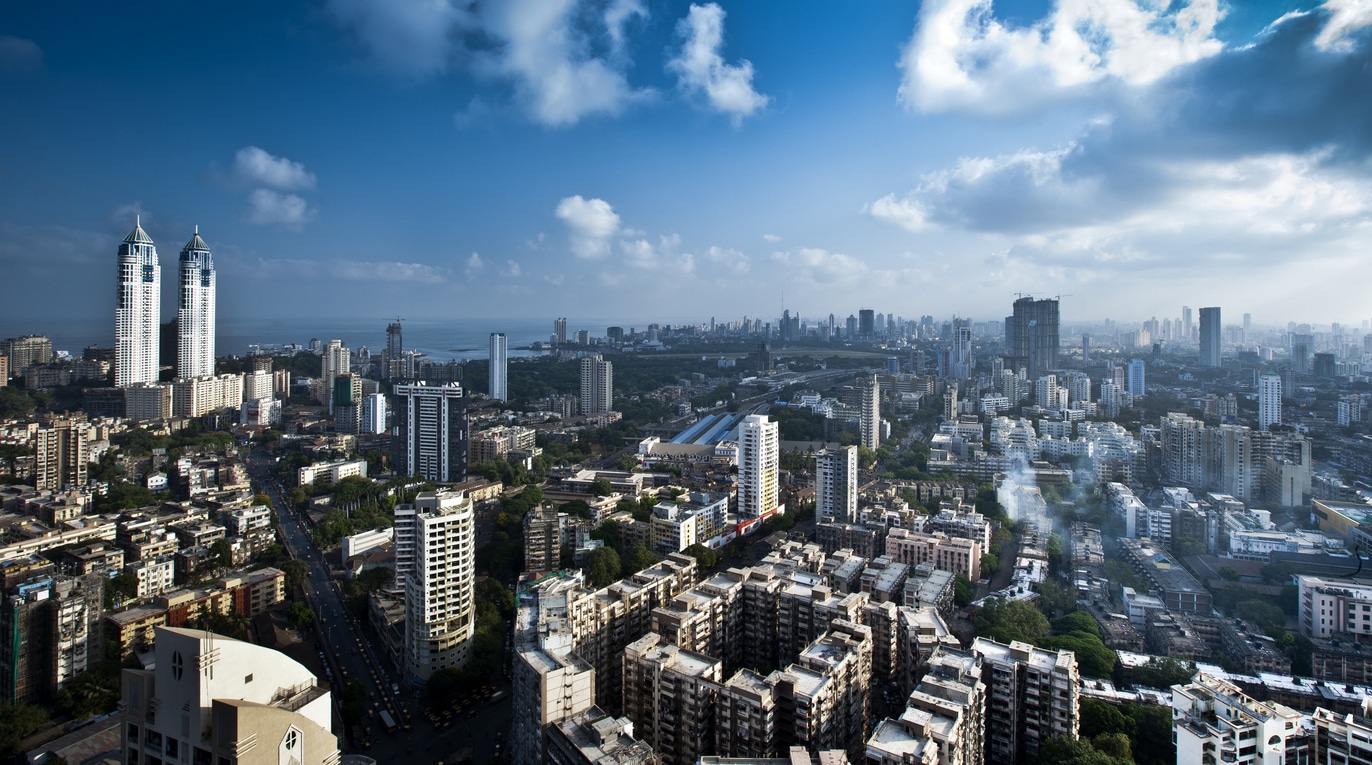
Sign up for smart news, insights, and analysis on the biggest financial stories of the day.
Mumbai is the second-most populous city in India, the eighth-most populous city in the world, and its country’s financial and cinematic capital. Now, the home of Bollywood is set to add another superlative to the list.
On Sunday, Mumbai became the first South Asian city to set a firm timeline to become net-zero carbon emissions. City leaders unveiled plans to reach the goal by 2050, two decades ahead of India’s overall goal.
Extreme Makeover: City Edition
Mumbai has a long way to go to make such a dramatic transformation for its roughly 21 million residents. In January, it posted its worst air quality in a decade, mostly due to a combination of local emissions and a dust storm. And while it’s the richest city in India, Mumbai is still home to tremendous poverty, with slums and small fishing villages along the coast particularly vulnerable to rising sea levels expected in the coming decades.
The new plan will include investments in electrifying public transit, more walkable roads, flood-resistant drainage and water conservation, clean water and sanitation, housing, and rooftop solar:
- Reshaping energy consumption, which accounts for 72% of the city’s total greenhouse gas emissions, is Mumbai’s chief goal, according to the plan’s documents. The city’s power supply is mostly from coal plants operated by private conglomerates like Tata and Adani, which said they have plans to meet the net-zero transition goals.
- The project will have a $6 billion annual budget, as well as access to funding from Maharashtra, the state it is located in. Mumbai is also considering raising funds via green bonds announced by the federal government, government advisor Saurabh Punamiya told Bloomberg.
In The Now: The process has already begun, and in the short term, the city is focusing on projects such as retrofitting low-income homes with electricity-efficient equipment. By next year it is also planning to purchase a fleet of 2,100 electric buses for $1.7 billion.
